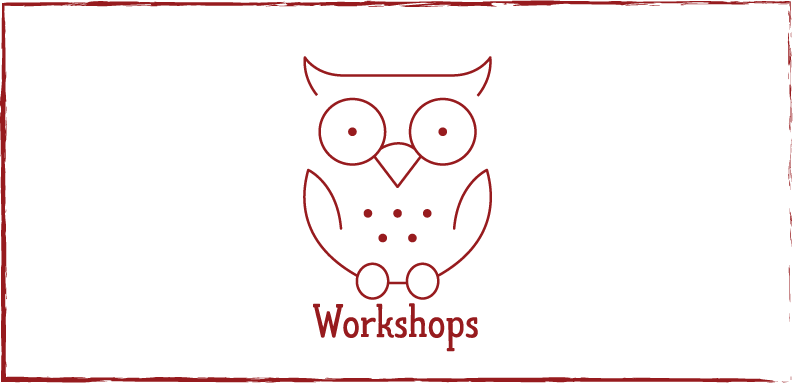
Academy
Education can and will change the world. Interdisciplinarity and narrative literacy are key to imagining and developing a more equal and sustainable society.
We believe life-long education is needed for all.
What is normal?
Questioning the normal is important for people of all ages. Whether you see yourself as the rule or as the exception, you are subscribing to a false dichotomy. Addressing the false reasoning underpinning many of our daily thoughts and actions helps us to lead more mindful, fulfilling, and sustainable lives.
While we may know the normal does not exist, this knowledge is betrayed by our daily habits. Simply stating, “normal is not real,” is not enough. This little head nod to our illusions does nothing to dismantle the commonplace but harmful practices perpetuated in our personal lives. Real transformation occurs when we question the commonplace and address the monsters lurking in our blindspots.
People lead their lives as though normal is real, as though it is something that can be attained, and as though it is something virtuous and honourable. Normal is a myth. While we may know this in theory, we have grown careless in our daily actions and behaviours. We have been lulled into drowsy inattentiveness, our vigilance blunted, by the conveniences and comforts promised by normality. Realising that normality is an illusion, and putting this realisation into practice, can transform our personal sense of fulfilment, our social sense of belonging, and our contribution to a healthier planet.
In this workshop, participants will explore normality from multiple angles; from the totems, taboos, and rituals of normality to the legal, institutional, and medical dimensions. Drawing upon the work of historians, sociologists, philosophers and anthropologists, Dr Paul Mason has thoughtfully crafted seminar discussions and workshop activities designed to rigorously question the normal and, in the process, create the space for a more transformative, innovative, and fulfilling experience of the world.
About the facilitator
Dr Paul Mason is an anthropologist working at the Taronga Conservation Society Australia and the University of Sydney. He teaches conservation science, education and leadership as well as anthropology and social theory. His career began in neuroscience and he worked in laboratories in Australia and France. He moved into anthropology and has conducted archival research in Australia, The Netherlands, and France, as well as field research with arts communities in Indonesia and Brazil, with religious minorities in India and Brazil, and with infectious disease patients in Vietnam and Papua New Guinea. He is a fellow of the Global Young Academy and is regularly invited to facilitate leadership workshops in Australia and abroad.
Join the community
Subscribe here to our newsletters and learn more about narratives, futures, and positive change.